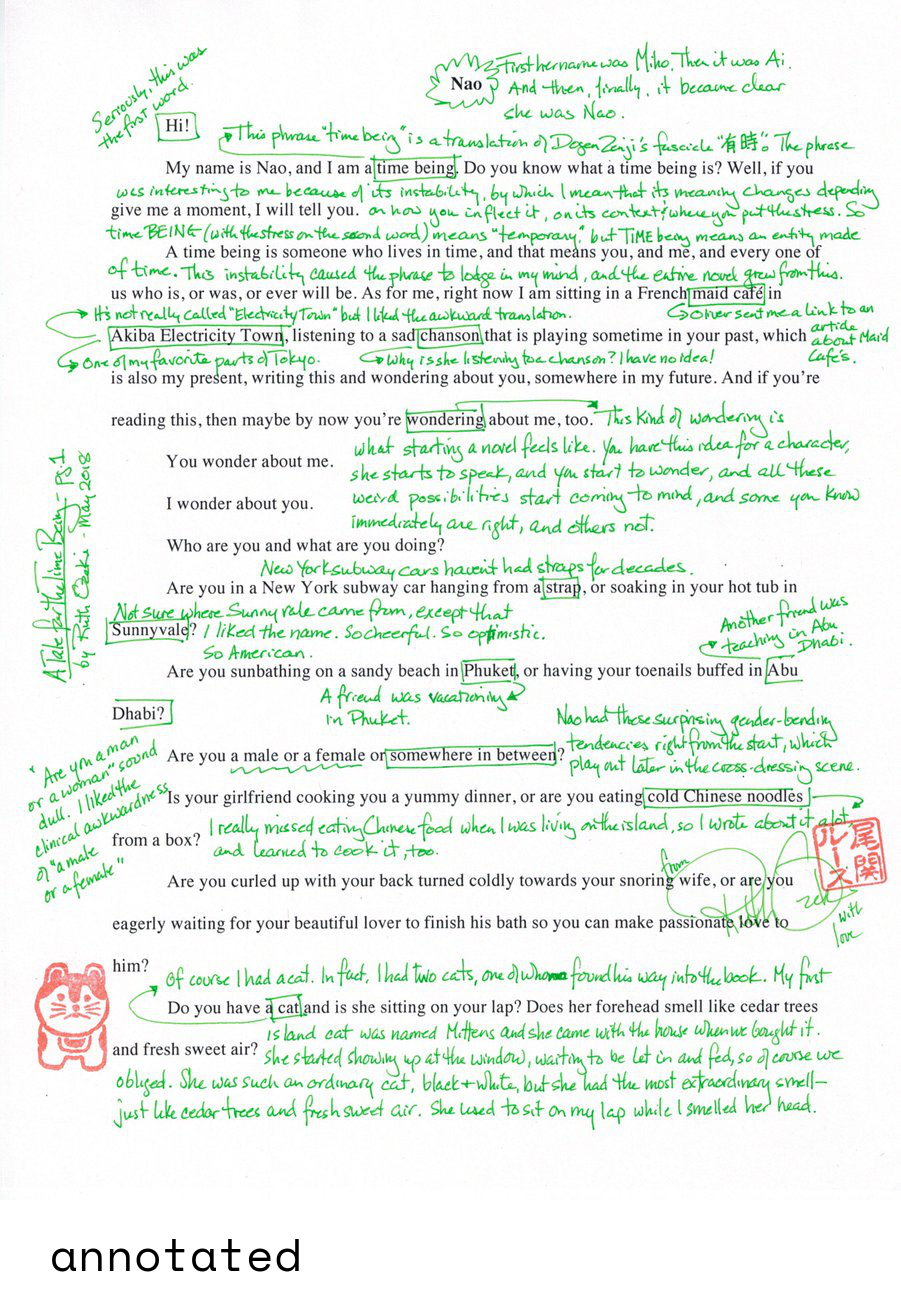|
|
5 years ago | |
|---|---|---|
| dataset | 6 years ago | |
| README.md | 5 years ago | |
| model.h5 | 6 years ago | |
| model.yaml | 6 years ago | |
| predict.py | 6 years ago | |
| requirements.txt | 6 years ago | |
| test.jpg | 6 years ago | |
| test.jpg.predicted.png | 6 years ago | |
| test2.jpg | 6 years ago | |
| test2.jpg.predicted.png | 6 years ago | |
| test3.jpg | 6 years ago | |
| test3.jpg.predicted.png | 6 years ago | |
| test4.jpg | 6 years ago | |
| test4.jpg.predicted.png | 6 years ago | |
| test5.jpg | 6 years ago | |
| test5.jpg.predicted.png | 6 years ago | |
| test6.jpg | 6 years ago | |
| test6.jpg.predicted.png | 6 years ago | |
| test7.jpg | 6 years ago | |
| test7.jpg.predicted.png | 6 years ago | |
| test8.jpg | 6 years ago | |
| test8.jpg.predicted.png | 6 years ago | |
| test9.jpg | 6 years ago | |
| test9.jpg.predicted.png | 6 years ago | |
| test9.png | 6 years ago | |
| test10.jpg | 6 years ago | |
| test10.jpg.predicted.png | 6 years ago | |
| train.py | 6 years ago | |
README.md
Image Classifier for Annotations
At the time of the research for The Library is Open, a point of interest for everyone was annotations.
The Library is Open was a research project focused on knowledge production and its systems. The work questioned the shadows and biases cast by knowledge taxonomy; examined digital proprietary tools as impediments to the free access and circulation of knowledge; and developed annotation tools to foster collective interpretation towards existent knowledge.
As a research group, we were reading and annotating texts together and debating the possibilities of sharing these notes. One particular discussion was about what could/should be considered an annotation: folding corners of pages, linking to other contents, highlighting, scribbling, drawing. I was curious if we could train a computer to see all of these traces, so I started prototyping some examples.
Aim: make the computer recognise "clean" pages of books or "annotated" pages of books.
